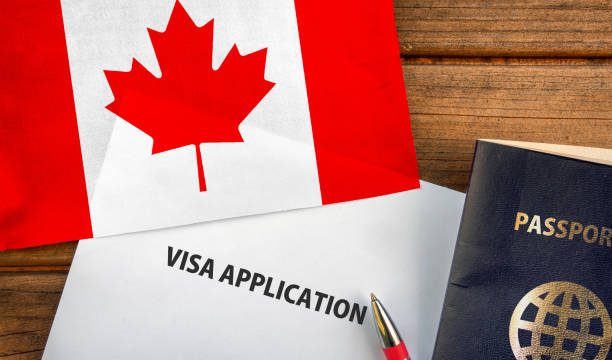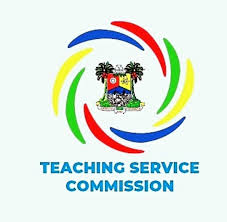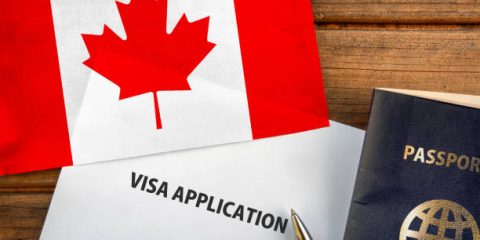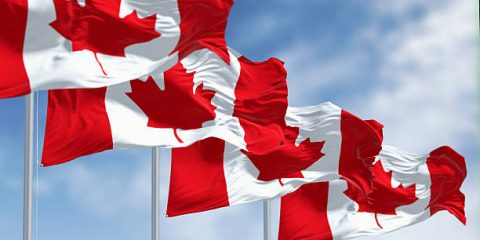
Migrating to Canada is a dream for thousands of Nigerians who want better job opportunities, higher living standards, quality education, and a stable future. But before you can move legally, you must meet the visa requirements set by the Canadian government. Understanding these requirements early will help you prepare correctly, avoid delays, and increase your chances of approval.
This guide breaks down the 10 essential visa requirements you must meet to migrate to Canada, whether you are applying through Express Entry, Study Visa, Work Permit, or Provincial Nominee Programs.
1. A Valid International Passport
Your Nigerian passport must be valid for at least six months beyond your intended travel date. If your passport is close to expiring, renew it before beginning any Canadian visa application.
Why It’s Important
Canada uses your passport to verify your identity, nationality, and travel history.
2. Language Test Results (IELTS or TEF)
For most Canadian immigration programs—especially Express Entry and PNP—you must prove your ability to speak English or French.
Accepted Tests
- IELTS General Training (for English)
- CELPIP (for English)
- TEF Canada (for French)
Minimum Scores
Different programs require different scores, but higher scores increase your chances.
3. Educational Credential Assessment (ECA)
If you studied outside Canada, you must evaluate your certificate to confirm its Canadian equivalent.
Approved ECA Bodies
- WES
- IQAS
- ICES
- CES
This step is mandatory for skilled worker programs like Express Entry.
4. Proof of Funds
Canada wants to be sure you can support yourself (and your family) after arriving.
Examples of Acceptable Funds
- Recent bank statements
- Fixed deposits
- Treasury bills
- Proof of sponsorship (if applicable)
The amount required depends on family size. Students also need proof of tuition plus living expenses.
5. Medical Examination (IME)
All applicants must undergo a medical test at an approved panel hospital.
Purpose of the Medical Exam
- Check that you do not have contagious diseases
- Confirm you are healthy enough to migrate
Only medical reports from authorized centers are accepted.
6. Police Clearance Certificate
You must provide a police certificate from every country you have lived in for six months or more.
Why It’s Necessary
It helps Canada confirm you do not have a criminal record or threat to public safety.
7. Biometrics (Fingerprints and Photograph)
Biometrics are required for most visa types. You will be asked to visit a Visa Application Center (VAC) to provide fingerprints and a digital photo.
Used For
- Identity verification
- Security checks
8. Completed Visa Application Forms
Each Canadian visa category has its own set of forms. You must fill them out accurately to avoid rejection.
Examples
- Express Entry forms
- Study Permit forms
- Work Permit forms
- Visitor Visa forms
Provide correct and consistent information to avoid delays.
9. Proof of Purpose of Travel
You must clearly state why you want to move to Canada.
Examples
- Admission letter (study visa)
- Job offer (work permit)
- Invitation to apply (Express Entry)
- Nomination letter (PNP)
Your reason must match your visa category.
10. Supporting Documents
Depending on your pathway, you may need additional documents, such as:
Common Supporting Documents
- Birth certificates
- Marriage certificate (if applying with spouse)
- Work experience letters
- CV/Resume
- Travel history
- Sponsorship letter
- Business documents (for entrepreneurs)
Providing complete and genuine documents increases your chances of visa approval.
Frequently Asked Questions (FAQs)
1. What is the most important requirement for migrating to Canada?
Language test results, proof of funds, and a valid passport are among the most essential requirements for most visa categories.
2. Do I need IELTS to migrate to Canada?
Yes, for most immigration routes except visitor visas. Skilled worker routes require IELTS or TEF.
3. How much money is required to migrate to Canada?
The amount depends on your pathway. Skilled worker programs require proof of funds, while students need tuition and living expenses.
4. Can I migrate to Canada without a degree?
Yes. Pathways like work permits, caregiver programs, and some PNP streams accept applicants without university degrees.
5. How long does it take to process a Canada visa?
Processing time ranges from a few months to over a year, depending on the visa category and your application completeness.
ALSO READ: 10 High-Paying Jobs in Canada Without a Degree





![FUTES-IYIN Cut Off Mark 2025/2026 is Out [All Courses] FUTES-IYIN Cut Off Mark 2025/2026 is Out [All Courses]](https://myeduplug.com/wp-content/uploads/2025/10/FUTES-IYIN-4.jpeg)
![FUADSI Cut Off Mark 2025/2026 is Out [All Courses] FUADSI Cut Off Mark 2025/2026 is Out [All Courses]](https://myeduplug.com/wp-content/uploads/2025/10/FUADSI-2.jpeg)
![KASU Cut Off Mark 2025/2026 is Out [All Courses] KASU Cut Off Mark 2025/2026 is Out [All Courses]](https://myeduplug.com/wp-content/uploads/2025/07/KASU.jpeg)
![UNIBEN Cut Off Mark 2025/2026 is Out [All Courses] UNIBEN Cut Off Mark 2025/2026 is Out [All Courses]](https://myeduplug.com/wp-content/uploads/2025/03/UNIBEN.jpeg)









